Factual background
X is a company incorporated under Dutch law and forms part of a multinational corporate group. This group includes two companies, A and C, both of which are established in Belgium. A is the sole shareholder of X and the majority shareholder of C. In 2000, X acquired a majority stake in a company incorporated under Dutch law, while A acquired the remaining shares. X financed this acquisition through loans contracted with C, which were funded by a capital contribution made by A.
In the 2007 corporate tax assessment issued to X, the Dutch State Secretary for Finance disallowed the deduction of interest paid by X to C. X contested this decision before the Dutch courts, and the case was ultimately referred to the Supreme Court of the Netherlands. The referring court noted that relevant national legislation presumes that interest paid on intragroup loan obligations constitutes, or forms part of, wholly artificial arrangements.
CJEU judgment
The Supreme Court sought clarification from the CJEU on whether this legislation is compatible with the freedom of establishment, given that it could place cross-border situations at a disadvantage.
In its judgment, the CJEU concluded that the Dutch legislation does indeed create differential treatment, which could have a dissuasive effect on the exercise of the freedom of establishment. However, the Court also found that the legislation pursues a legitimate objective – namely, the prevention or combatting of tax fraud and tax evasion. The legislation aims to prevent a group’s own funds from being artificially portrayed as borrowed funds by a Dutch group entity, thereby allowing the interest on such loans to be deducted from taxable profits in the Netherlands. This objective applies equally to situations where, as in this case, an entity becomes related to the taxpayer only after the acquisition or increase of a shareholding.
The Court further held that the presumption of a wholly artificial arrangement may be rebutted by the taxpayer. The Court emphasized that the assessment of whether arm’s length conditions are met must relate, inter alia, to the economic reality of the transactions. If the artificial nature of a transaction arises from an excessively high interest rate on the loan, which nonetheless reflects economic reality, the principle of proportionality requires the deduction of the portion of interest paid that exceeds the normal market rate. Conversely, where the loan lacks any economic justification and would not have been entered into but for the relationship between the companies and the resulting tax advantage, it is consistent with the principle of proportionality to deny the deduction of the full interest amount.
Impact on Belgian tax law and practice
Belgian tax law includes various formal and quantitative limitations on interest deductibility. For example, a 1/1 debt-equity ratio applies to loans granted by individual corporate directors to their company. Interest paid on the portion of the loan that exceeds this pro-rata does not qualify as a deductible interest expense but is considered a dividend. Additionally, a 5/1 debt-equity ratio applies to the non-deduction of certain types of intercompany loans.
The deduction of interest expenses can also be limited or denied if such interest is paid to certain tax-exempt or low-taxed beneficiaries (Art. 54 of the Belgian Income Tax Code (BITC)) or if the interest rate exceeds the normal market interest rate on such loans (Art. 55 BITC).
In recent years, the Belgian tax authorities have increasingly challenged the deduction of interest expenses if the taxpayer has failed to demonstrate that such interest expenses were incurred to acquire or preserve taxable income (Art. 49 BITC). The general deduction rule established under Art. 49 BITC is not a genuine business test, but it does require a causal link between the interest expense and the realization of taxable income.
The Belgian tax authorities have so far been less active in challenging the deduction of interest expenses based on the general anti-abuse rule (Art. 344, §1 BITC). This general anti-abuse rule applies if the tax authorities can demonstrate that a transaction or series of transactions is essentially inspired by fiscal motives without any underlying solid business motive(s) and is therefore considered an abuse of law. However, the taxpayer is entitled to prove that genuine economic and financial reasons are present in his actions and that the transaction(s) in question do indeed fulfill the business test.
The CJEU’s decision may, however, prompt the Belgian tax authorities to increasingly consider the economic reality of a specific financing structure or loan agreement and to deny the interest deduction if it appears that the entire setup is purely or primarily tax-motivated. Fair warning for aggressive financing schemes…


